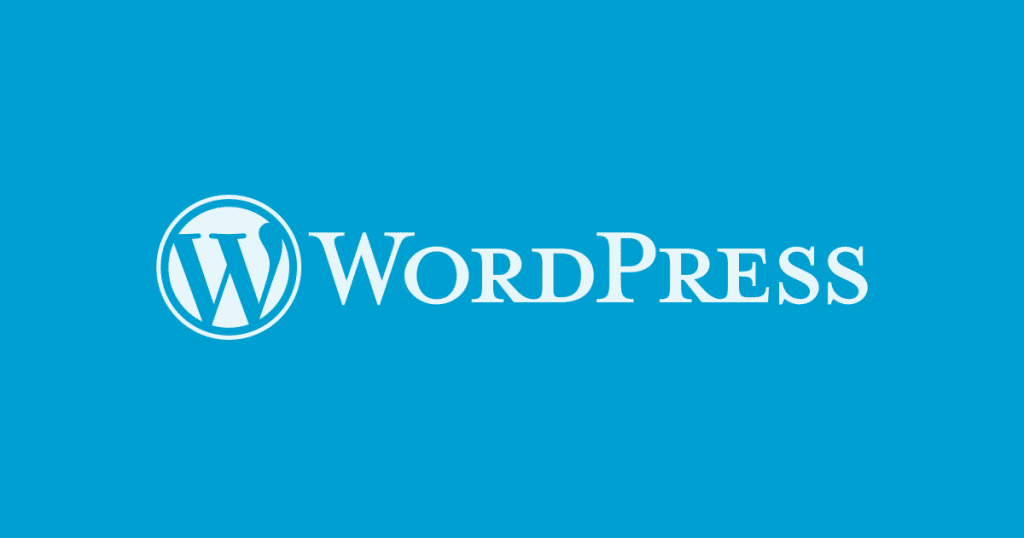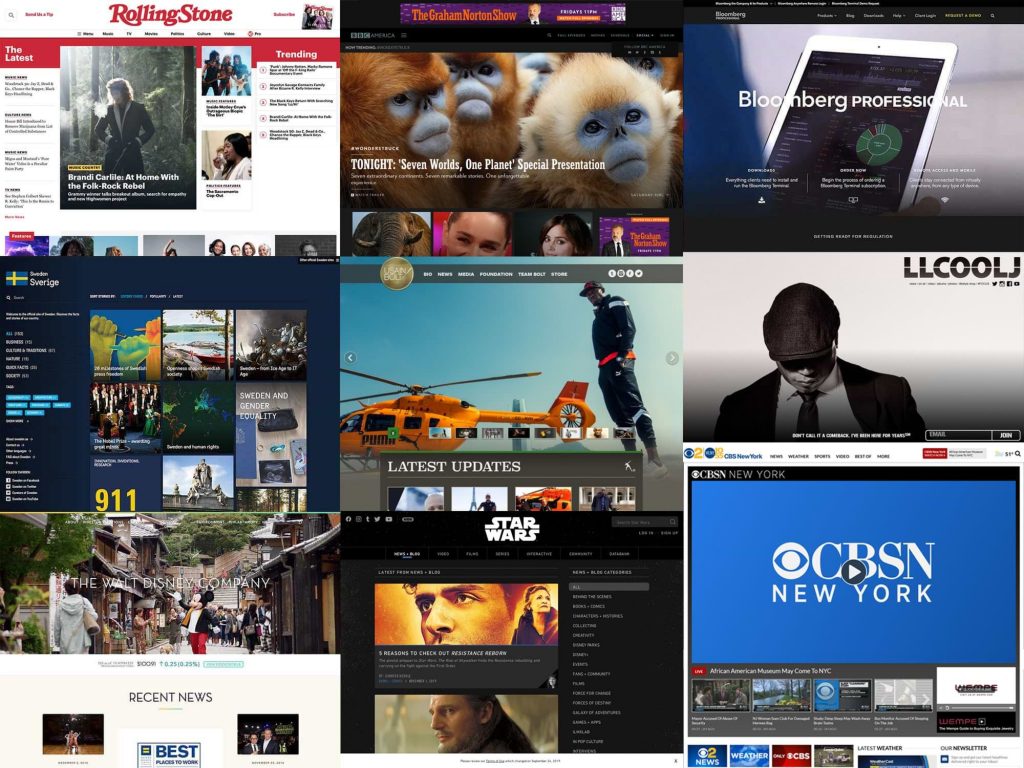Why use WordPress?
Reflecting on our expertise in this area, we will show you the benefits of using this website builder.

Why use WordPress?
First released to the public in 2003 by developers Matt Mullenweg and Mike Little, WordPress is a capable content management system (CMS) that packs a mighty punch. Since that early 0.7 version, different developments have jettisoned this platform that aims to be user-friendly and effective. Reflecting on our expertise in this area, we will show you the benefits of using this website builder. After all, you need to know why it’s recommended, as well as noting its flexibility to meet your business and marketing needs.
What is WordPress exactly?
Having read the section above you may still be wondering what exactly a content management system is? We’re glad you asked. When visiting a blog or website, you will inevitably consume text, images, and videos created and designed to communicate with a business or organisation’s target audience. As the leading CMS – “WordPress powers more than 41% of the web” – it uses impressive software to display these elements on the sites it builds. Its popularity centres on a myriad of features.
It grows with you
Your website is usually only limited by your imagination. WordPress can take the form of several simple web pages (complete with a blog) to update, entice and convert potential customers. Equally, it can be developed into a more complex website that utilises podcasting, jobs board advertising, and e-commerce features. The possibilities are almost endless. Another benefit is how this initial decision need not limit your future online presence, as WordPress is scalable. It lets your site grow as your needs and products/services evolve.
Customisation
Another benefit is the level of customisation it offers site owners and administrators. Its ‘themes’ are templates that have already been developed by others. The breadth of choice is astonishing as you can see here. Its filter facility allows you to cater to the nature of your business by subject (blog, e-commerce, news, food and drink etc.) to ensure that these layouts are spot-on for your content. Shown below is a recent image from WordPress showcasing some of the big names using its platform.

This takes the hassle out of learning code. You simply don’t need to! Yet WordPress is free software in terms of its price and open-source nature, meaning users can redistribute and amend code if they want to. You won’t face licencing fees. Opening up the possibilities for your new or upgraded website, this flexibility is just one reason why it’s the ‘cool kid’ of platforms. Although you will still require hosting and a domain name to secure your ‘space’ on the web.
Variety of Plugins
WordPress plugins are add-on elements that open up how the website can function. Think of them as apps for your website. This allows for different degrees of customisation with a library of “tens of thousands of plugins” available to upload to your site. Two examples include Contact Form 7 with its bespoke fields and WooCommerce which builds online shops and booking facilities. These are ideal ways of generating revenue and expanding your reach. After all, you want a website that performs for your business.
Once you are proud of what you have written – and own the content thanks to WordPress being open-source – the good news is that security plugins are also available. After all, you don’t want to risk losing your content by missing out on WordPress or its plugin BackupBuddy. Backing up “half a million WordPress sites since 2010”, it’s clear that many site owners trust it to restore their site if the worse should happen. With iThemes Security Pro your site will be guarded against hacks, security breaches and malware too; so you can have a safe – not only professional looking – website with WordPress. They’ll even pay people to report security gaps (via HackerOne) if any are found.
Wide media file compatibility
Similarly, WordPress offers flexibility in recognising different types of media files. Why is this good? Well, you may commission content for your new website, only to find out later that certain website-building platforms don’t recognise it. Imagine the frustration and wasted resources. Embedding images, video, documents, and audio will also enrich the user experience when visiting your website. Engaging media can take your website (and business) in new directions. It reads great on computer, tablet, or phone screens too.
WordPress loves SEO
Once your shiny new website is finished, you may then wonder how you will reach some of the 4.72 billion internet users. You want to get the word out that your new site is live. Thankfully, WordPress loves SEO (Search Engine Optimisation) and the addition of plugins such as Yoast SEO (exclusive to this CMS) are there to increase your site’s traffic. Helping to address the interests of your blog’s target reader, Yoast keeps you on message with its ‘focus keyword’ feature. After choosing a certain word, your post will be reviewed to make it as effective as possible SEO-wise. It even offers tips such as what to call your post and how relevant it is to your pre-selected keyword(s). This helps your site and its content rank higher on Google searches once you have clicked ‘publish’.
Conclusion
We hope that you have found this article helpful, and it has encouraged you to join ‘team WordPress’. However, if you’re still hesitant or want to outsource your website design tasks to experts, we’re an award-winning agency that offers a friendly service. Why not talk to us about your needs and ambitions for a website.




